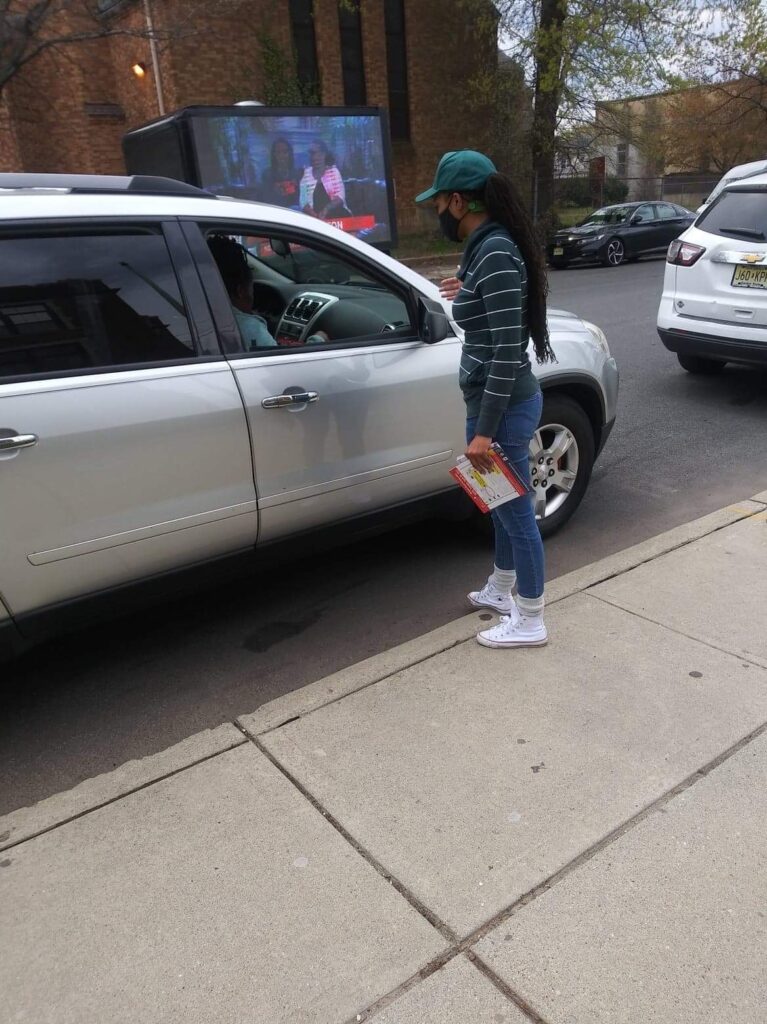School Board Elections Took Place (Sort of)

If Phil Murphy wasn't asked about this week's school board elections on Wednesday, it would have been easy to forget they took place.
Well, sort of took place.
Only 11 school districts across the state this year maintained what used to be a political rite of spring - the April school election.
Turnout was awful - less than 5 percent in some locales.
The governor called that "unacceptable." but admitted he had no "crisp" answer on how to improve things.
"Nobody's fault. These things get very little air time," he said.
Translated, that means most local newspapers don't bother writing about them.
What gets lost is a fact no one is going to admit - This is what the state's education establishment wants.
April school board elections never attracted huge voter turnouts, Still, there were times when such things as eight candidates for three seats or a controversial local issue increased turnout to somewhat respectable levels - like north of 20 percent.
Those factors still exist, but now that school elections are in the fall, they get totally lost in the general election crush. Who worried about the local school board last October when Donald Trump was debating Joe Biden?
Let's move on to the money.
When the state Legislature in 2012 approved allowing districts to move school elections to the fall it also did away with the budget vote as long as expenses didn't exceed the state cap.
Voting in April allowed voters to approve or reject the budget for the next school year.
That can't happen in November because the school year already is underway. And the next school year is 10 months away. For the record, the bill passed overwhelmingly and then-Governor Christie signed it.
Voting on the school budget gave taxpayers their only regular opportunity to pass judgment on a government expenditure. That sure seemed like a good thing.
But it wasn't a good thing for local officials.
Most school boards hated the notion that voters could reject their budget.
So did town councils. The procedure had been for the council to review a defeated budget and recommend how much should be cut.
Many council members were uncomfortable recommending cuts in education even when voters wanted them to do precisely that.
In short, a defeated school budget was a pain in the butt for local officials. And since many state legislators used to be local officials, it was no surprise the vote was eliminated.
All that has brought us to the current situation where just about all districts eschew a budget vote in the spring and hold under-the-radar candidate elections in the fall.
It's not good for democracy, but, as we said, this is what the establishment wants.
And that's a crisp answer for you.





